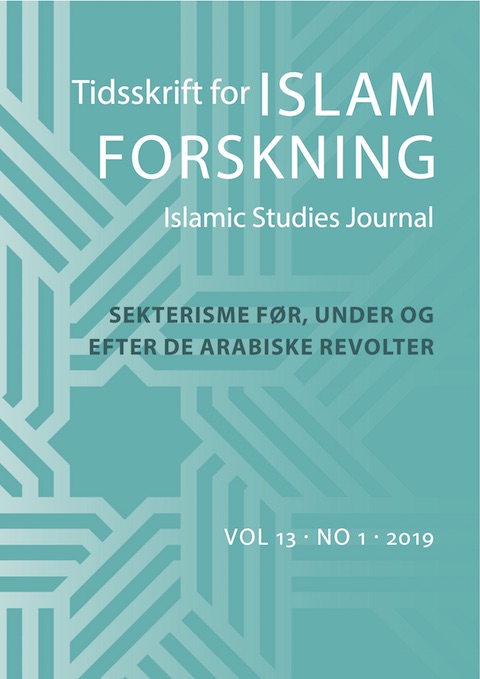Sekteriske myter: Lokale diskussioner om historie og sekterisme i Bahrain
DOI:
https://doi.org/10.7146/tifo.v13i1.112228Keywords:
Bahrain, shiaislam, sekterisme, historiebrug, myterAbstract
This article is based on anthropological fieldwork among, in particular, Shia Muslims in Bahrain. In this Arab Gulf state stories are shared about the relations between Shia and Sunni Muslims at various times in the history of the island, and in the history of Islam, in an attempt to explain and to discuss sectarianism and sectarian relations. The specific point of departure for this article is a story about Shaykh Muhammad Abu Ruman, a saint whose shrine today is a popular site of pilgrimage among contemporary Bahraini Shia. Once upon a time, reputedly, Muhammad Abu Ruman convinced Bahrain’s Sunni ruler about Shia Islam as the true Islam, helped by miracles and the appearance of Imam al-Mahdi. This and similar stories show how sectarian categories are employed, but also how they are constantly reevaluated and discussed. Therefore, I argue, such historical narratives are also used to provide perspective and to develop current sectarian relations.
Downloads
Published
How to Cite
Issue
Section
License
Scandinavian Journal of Islamic Studies publish under creative commons license BY-NC-SA.





